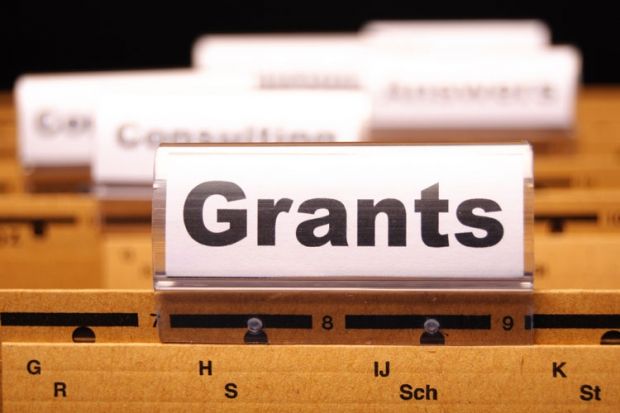Arts and Humanities Research Council
- Award winner: Andrew McRae
- Institution: University of Exeter
- Value: £384,725
A project looking at Michael Drayton’s 15,000-line topographical poem from the 17th century, Poly-Olbion
- Award winner: Michaela Mahlberg
- Institution: University of Nottingham
- Value: £200,437
CLiC Dickens: characterisation in the representation of speech and body language from a corpus stylistic perspective
National Institute for Health Research
Health Technology Assessment Programme
- Award winner: Gavin Perkins
- Institution: University of Warwick
- Value: £2,751,7
Randomised placebo-controlled trial of adrenaline for out of hospital cardiac arrest
- Award winner: Nicholas Clarke
- Institution: University of Southampton
- Value: £2,060,899
Early versus delayed surgery for congenital hip dysplasia
- Award winner: Iain K. Crombie
- Institution: University of Dundee
- Value: £241,399
Reducing alcohol consumption in obese men: development and feasibility testing of a complex community-based intervention
Health Services and Delivery Research Programme
- Award winner: Alys Young
- Institution: University of Manchester
- Value: £407,063
Evaluating the effectiveness and cost-effectiveness of BSL (British Sign Language) IAPT (Improving Access to Psychological Therapies)
Engineering and Physical Sciences Research Council
- Award winner: Dirk Husmeier
- Institution: University of Glasgow
- Value: £341,825
Computational inference of biopathway dynamics and structures
- Award winner: Julea Butt
- Institution: University of East Anglia
- Value: £313,231
Characterisation of electron transport in a bacterial nano-wire protein through high-performance computing and experimentation
- Award winner: Steven Ley
- Institution: University of Cambridge
- Value: £564,726
Development of automated parallel CO2 supercritical fluid chromatography for use in continuous flow chemical synthesis
In detail

European Research Council
Award winner: Mark Sullivan
Institution: University of Southampton
Value: €1.97 million (£1.6 million)
Supernova: Physics and Cosmology in the Next Decade
With the aim of furthering our understanding of dark energy, this project will attempt to analyse supernovae, the violent thermonuclear explosions from dying stars, to make measurements of this mysterious and unknown force. In particular, the researchers plan to study a new and rare form of supernova explosion that may allow them to make measurements in the very distant Universe. At the same time, they also want to understand the physics of the exploding stars better. The project is due to start this month and will be undertaken by a team of three postdoctoral researchers and two postgraduate students. The grant will provide five years of confirmed funding.
Register to continue
Why register?
- Registration is free and only takes a moment
- Once registered, you can read 3 articles a month
- Sign up for our newsletter
Subscribe
Or subscribe for unlimited access to:
- Unlimited access to news, views, insights & reviews
- Digital editions
- Digital access to THE’s university and college rankings analysis
Already registered or a current subscriber? Login

